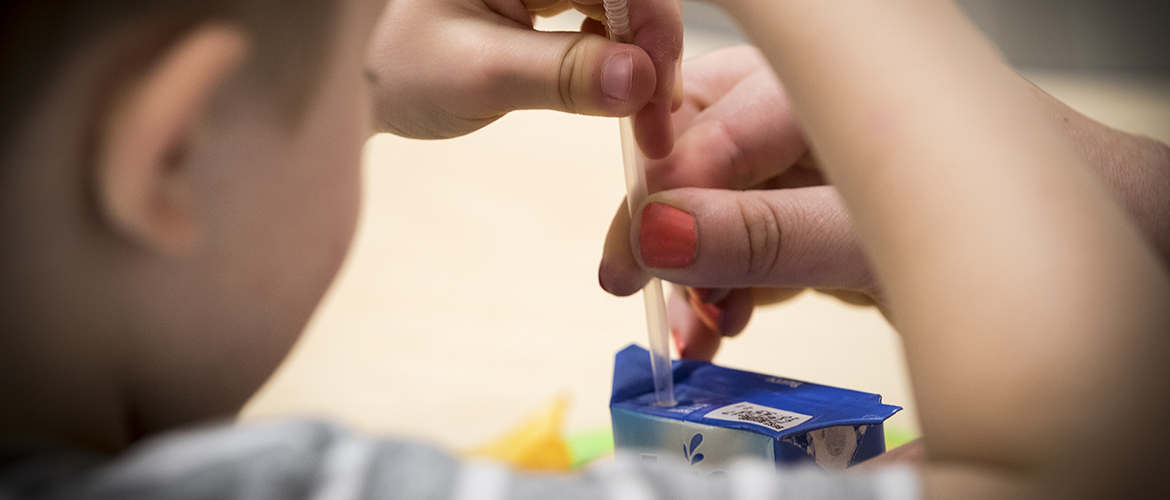COVID-19 has made it harder for everyone to access routine health care.
For the kids in Illinois who rely on services from Hope, changes to routine could be more than just inconvenient.
Hope is a nonprofit that provides educational, residential and health services to children between 5 and 21 who have multiple developmental and physical disabilities. Programs include outpatient autism clinics, two learning academies and a residential program.
“A lot of our kiddos who have autism, they rely on having a schedule and a structure every single day,” said Jodi Ogilvy, director of communications at Hope. “To throw them into a whole new world, not coming to clinics, not coming to school — they and their families needed extra support.”
Hope is one of 75 nonprofit organizations to receive a grant from Health Care Service Corporation's Illinois plan through its COVID-19 Community Collaboration Fund.
“We know that people turn to local, trusted resources in times of need.”
Before the pandemic, all Hope services happened in person. Some children spent 20-40 hours each week in the outpatient autism clinics.
When COVID-19 forced Hope to shut down its academies and outpatient autism clinics, staff knew they had to switch gears quickly to continue supporting its kids. But the organization didn’t have the infrastructure for virtual offerings.
The $20,000 grant helped Hope to upend its delivery system to support the kids and their families from a safe distance.
The funds allowed Hope to upgrade its video conferencing platform to be HIPAA compliant, so therapy and learning could continue virtually. It also went toward resources like picture exchange communication cards and visual hygiene guides that would help parents and family members continue therapy at home.
“We wouldn’t have even gone down this path had it not been for the pandemic,” Ogilvy said. “But with the grant we received, it’s a blessing in disguise to be able to expand our services.”
HCSC's Illinois plan distributed the grants from the $1.5 million fund in May to support work in three categories: access to health care, hunger and shelter.
“We’re providing community support to people most impacted by the emerging health, economic and social impacts of COVID-19,” said Steve Hamman, the plan's president. “We know that people turn to local, trusted resources in times of need.”
Demand for mental health resources has skyrocketed since COVID-19 swept through the U.S.
In fact, nearly half (45%) of American adults reported that stress over the virus negatively impacted their mental health, an April Kaiser Family Foundation survey found. KFF also noted things would likely worsen as the pandemic continued.
“The increase in need due to the COVID pandemic is dramatic,” said Andrew Wade, executive director of NAMI Illinois. “It’s hugely challenging. We’re going to be seeing mental health side effects of COVID-19 long after the physical stuff is gone.”
NAMI Illinois is the state organization of the National Alliance on Mental Illness, a grassroots organization founded by family of people diagnosed with mental illness. It also received a $20,000 grant from the COVID-19 fund.
The extra money allowed the state organization to ramp up coordination of services between NAMI chapters and start providing virtual support groups and other remote services statewide. NAMI Illinois even created a new virtual support group specifically for essential workers.
Wade said providing access to mental health services during the current crisis may even have long-term benefits.
“This might be the best chance of our lifetime to address mental health stigma,” he said. “People who never before would have thought about going in for therapy, suddenly that’s becoming a lot more relatable for people. We’re being creative about being available in the way people need us to be available.”

